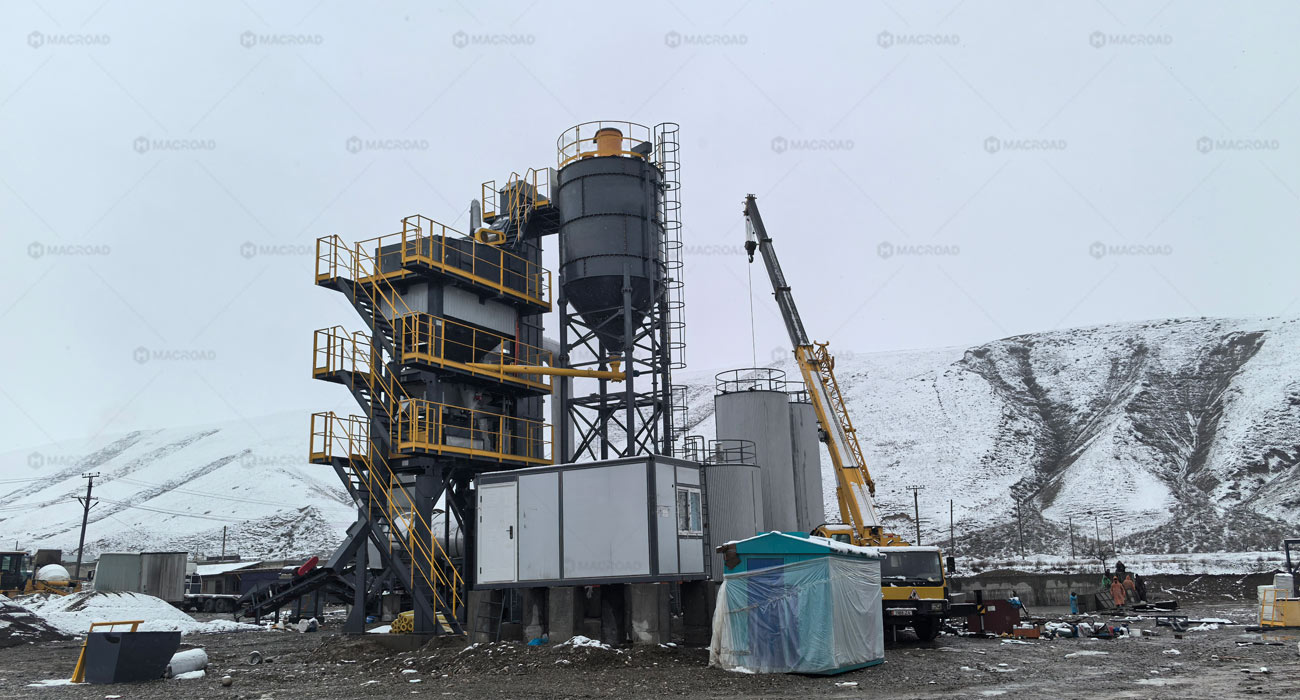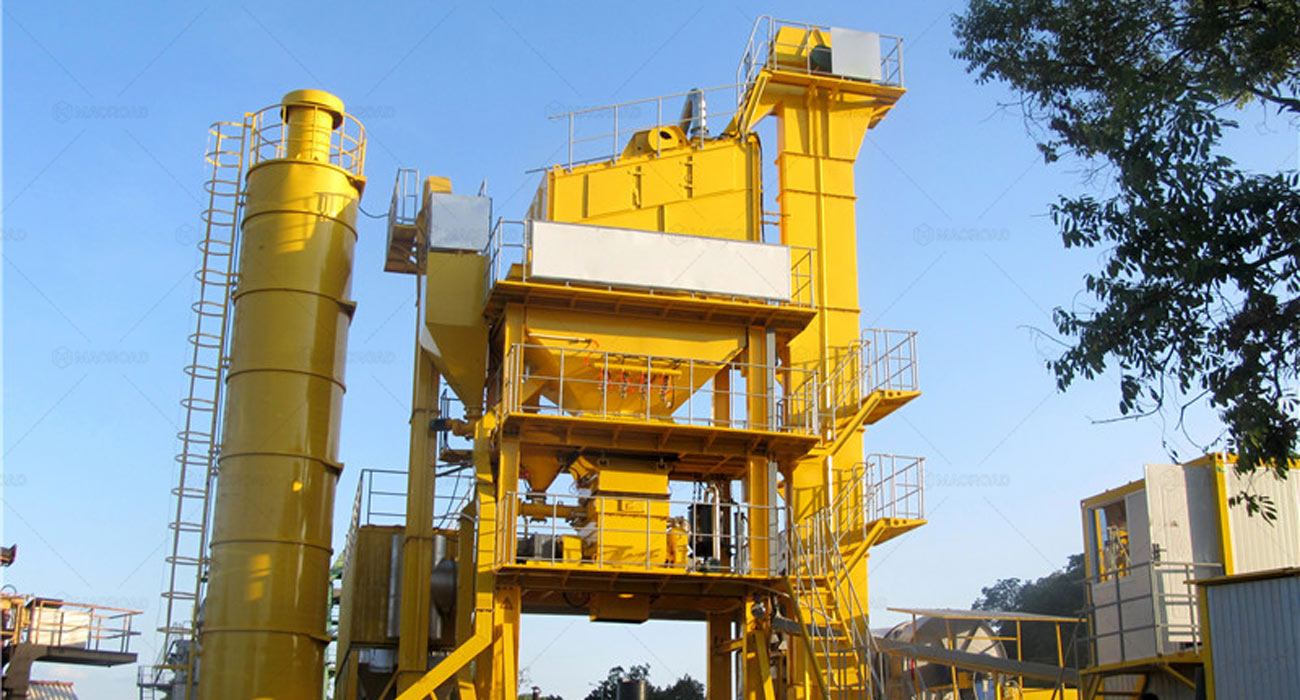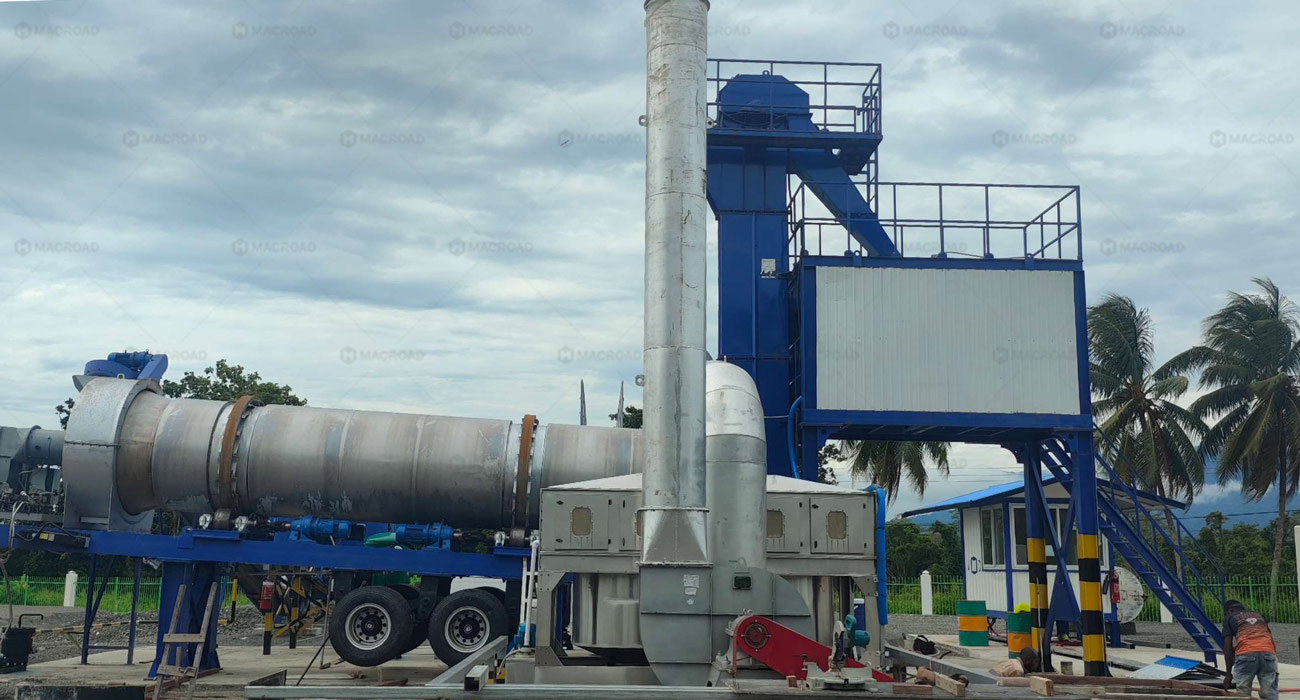Integrating the production of modified asphalt with emulsified asphalt equipment in a mixing plant can enhance operational efficiency and product quality. By understanding how to effectively connect these processes, customers can maximize the benefits of both modified and emulsified asphalt, leading to superior paving solutions. This article outlines key considerations for customers looking to streamline this integration.

Understanding Modified Asphalt and Emulsified Asphalt
Modified asphalt is created by blending traditional asphalt with additives to improve its performance characteristics, such as elasticity, temperature resistance, and durability. On the other hand, emulsified asphalt involves mixing asphalt with water and emulsifying agents, creating a stable liquid product that can be easily applied in various applications, including surface treatments and base layers.
Customers must recognize that while both products serve different purposes, they can be produced concurrently in a mixing plant equipped with the right emulsified asphalt equipment. This capability allows for flexibility in production, enabling companies to respond to diverse project needs efficiently.
For instance, a fixed asphalt mixing plant might utilize specialized emulsification systems to produce emulsified asphalt while simultaneously producing modified asphalt. This dual capability minimizes downtime and maximizes output, which is essential for maintaining competitive pricing in the market. Understanding the differences and applications of these materials is crucial for effective production planning.

Key Considerations for Integration
When connecting modified asphalt production with emulsified asphalt equipment, several factors should be taken into account. First, operators need to ensure that the mixing plant is equipped with compatible technology to handle both types of asphalt. This includes having the necessary storage tanks, pumps, and mixing units that can accommodate the different viscosities and formulations of modified and emulsified asphalt.
Additionally, proper calibration of the emulsified asphalt equipment is vital. The equipment must be adjusted to ensure the right ratios of asphalt, water, and emulsifying agents are maintained during production. This precise calibration prevents issues such as separation or inconsistency in the final product, which can affect performance and quality.
Moreover, customers should consider the asphalt plant cost associated with dual production capabilities. While investing in advanced emulsified asphalt equipment may initially seem high, the long-term benefits, such as increased production flexibility and reduced downtime, can justify the expenditure. As customers evaluate their options, exploring various asphalt plant suppliers can provide insights into the most cost-effective solutions available in the market.

Quality Control and Performance Optimization
Integrating modified asphalt production with emulsified asphalt requires rigorous quality control measures. Regular testing of both products ensures they meet performance specifications and local regulations. Implementing a robust quality assurance program can help customers identify any discrepancies in the production process, allowing for timely adjustments.
Furthermore, optimizing production schedules is essential. By analyzing demand for both modified and emulsified asphalt, operators can develop a comprehensive production plan that maximizes efficiency. For example, during peak construction seasons, prioritizing the production of emulsified asphalt for immediate projects while maintaining modified asphalt output can lead to better resource management.
Using advanced monitoring systems can also enhance asphalt production efficiency, allowing operators to track performance metrics in real-time. This data-driven approach enables continuous improvement in both modified and emulsified asphalt production, aligning with customer needs and project requirements.
Conclusion
In conclusion, effectively connecting modified asphalt production with emulsified asphalt equipment in mixing plants offers significant benefits for customers. By understanding the differences between these materials, ensuring compatibility of equipment, and implementing robust quality control measures, operators can maximize their production capabilities. As the market continues to evolve, customers who leverage these strategies will be well-positioned to meet diverse paving needs while maintaining competitive pricing and high-quality standards. Also Macroad will invest more energy in equipment innovation..
